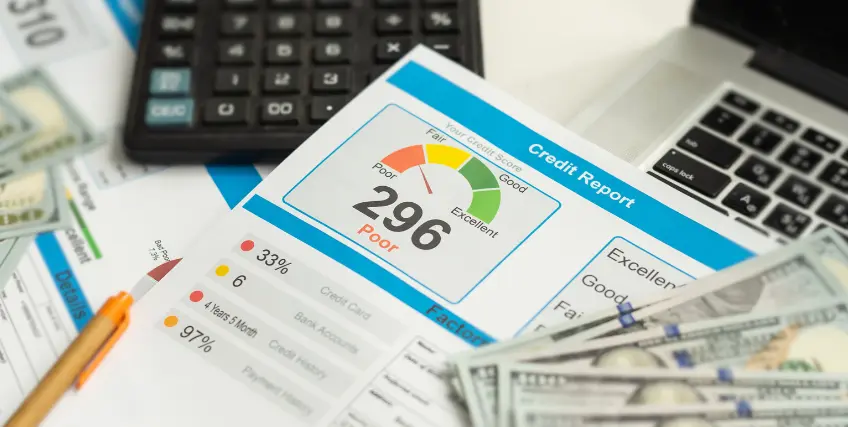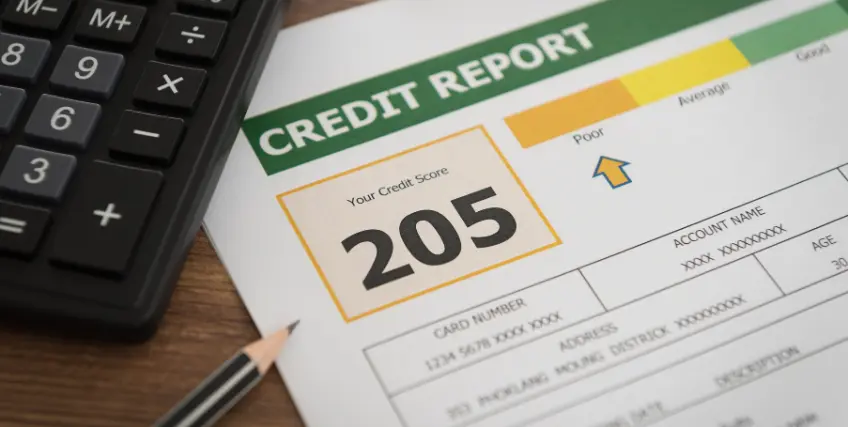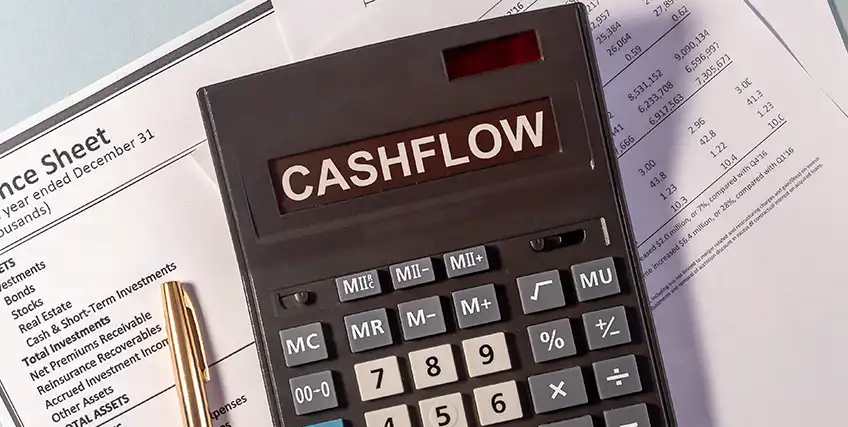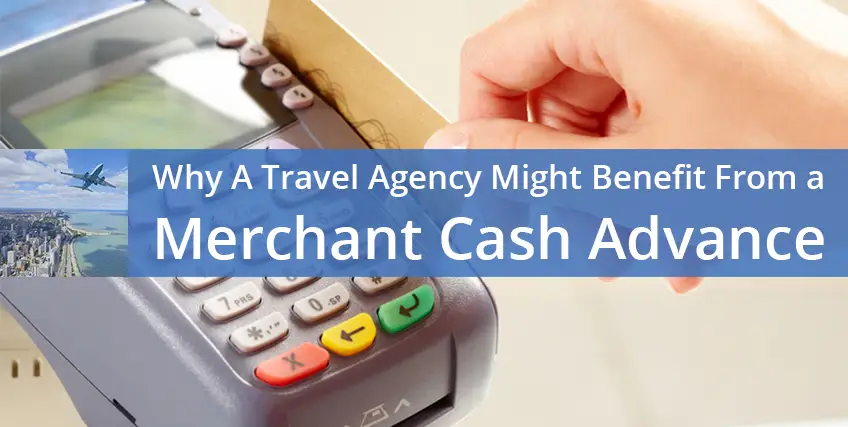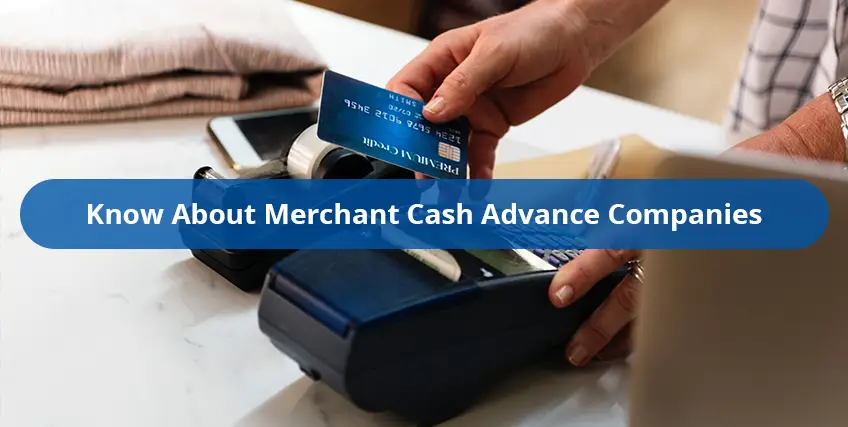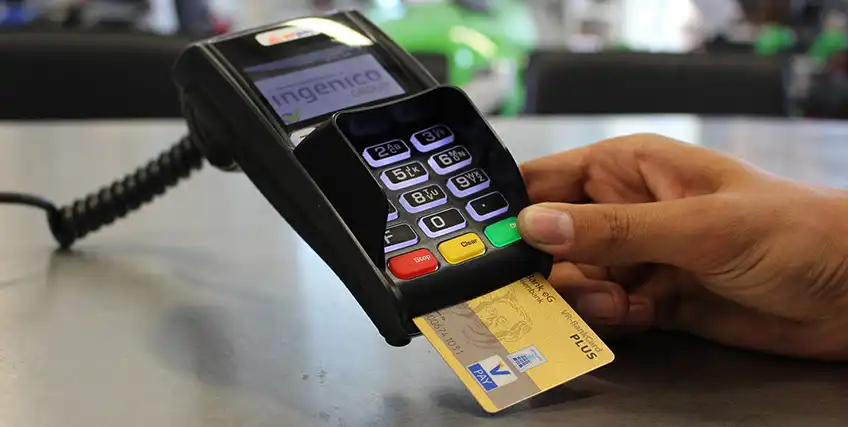Pros and Cons of Merchant Cash Advances
January 08, 2025 | Last Updated on: January 08, 2025

MCA financing, or merchant cash advance, allows your business to leverage its future credit card sales as a way to get a quick cash infusion. This is a slightly costlier but quicker and more convenient option to be able to take care of unexpected expenses that your working capital may otherwise be unable to handle. In this article, we will go into the details of merchant cash advance pros and cons.
However, given that you may be about to undertake a large expense that impacts your small business’s future cash flow, you might be interested to know whether a merchant cash advance is right for you. We will review how merchant cash advances work and merchant cash advance pros and cons to see if its the right financing option for your business.
Pros of a Merchant Cash Advance
In any case, if you are trying to assess whether MCA financing is right for your small business, you should review the pros of one.
Quick Access to Capital
One of the most obvious pros to merchant cash advances is that following a successful merchant cash advance application, money is quickly deposited into your account. This allows you to be able to go from a situation where you need money quickly to correct a failing piece of equipment, repair damage, or quickly cover an order to a solved issue in less than a week. This can help your business get back on track and operate profitably.
Streamlines Application Process
As part of the advantage of MCA financing being quick, merchant cash advances also come with an easy application. This can make the application quick and convenient for you, as a small business owner, to fill out. The limited documentation requirements further make this option more accessible for companies.
The qualification for a merchant cash advance is also easier. If you are struggling to get traditional forms of small business financing like SBA loans, traditional bank loans, or other types of loans, a merchant cash advance may be easier. The funding option does not require you to put up collateral or have a great credit score. Many businesses can get merchant cash advances simply off of their credit card receipts.
No Collateral Needed
As mentioned above, many merchant cash advance companies do not require you to put up any collateral, whereas a line of credit or traditional business loan may require it. This allows you to protect your personal assets from the riskiness of the particular business adventure that you are about to embark on.
Monthly Payments Vary on Income
One benefit of MCA financing is that the payments you make daily via your credit card sales are based on a percentage of your credit card sales. This means that if your sales are lower than your previous sales history shows, there is no need to worry. This can provide you with some assurance that your business will be able to meet its obligations for this part of the payments.
Payments are Processed Automatically
Since your credit card payments are subject to a holdback, your merchant cash advance will typically process your portion of the payment from your future credit card sales automatically. This makes the hassle of gathering your payment each month much easier. You can rest assured knowing that your payments are being made automatically. In any case, you can check with your provider about the details of your advance.
Cons of a Merchant Cash Advance
While it is important to know the pros of MCA financing for your small business, it’s also vital to compare both the pros and cons of a merchant cash advance with one another.
Inflexible Terms
The merchant cash advance space is not well-regulated. You should be cautious about choosing your lender, as the terms of your merchant cash advance can vary substantially.
In some cases, merchant cash advance providers can require you to be open for certain days or only take card payments. If this is the case, this could affect your profitability and subject you to a host of restrictions that make running your business less profitable. In all, it is important to read through the terms of any agreement you might be signing. This will also give more specific details about information that can be contextualized into pros and cons about the particular offer.
As a small business owner or the owner of a large company, you want to be sure that the terms of your funding are good. You do not want unexpected consequences. Given the absence of regulation and reputation for less flexible terms, you should be prepared to be cautious about the merchant cash advance offer you sign.
High Fees
Merchant cash advances are subject to really high factor fees which leads to a high cost overall. The APR on these can range up to 60, 200, or even 350. This means that the merchant cash advance is an expensive small business loan option. While it does make sense in certain circumstances, you should be aware of the high fees that you are paying.
Inability to Change Holdback
While you do not need to worry about meeting a certain payment amount each month to pay back the merchant cash advance, you do have a holdback that you should be concerned about. Holdback can be difficult to deal with in periods with low sales. This is because you might need to stretch every dollar you take in from credit cards to be able to meet your obligations to suppliers, shippers, and employees, aside from the advance provider. As a result, this inflexibility can place a strain on your company.
Cash Flow is Damaged
Another con of MCA financing is the effect that it has on your future cash flow. As a business that is generating income, you will also have expenses that you need to pay. The expenses will theoretically remain unchanged even after a merchant cash advance comes into place. However, the cash you bring in will be affected since some of your revenue will be used to pay back the merchant cash advance. This reduces your cash flow, and, in turn, creates additional cash flow problems for your business during the term of the merchant cash advance.
Things to Keep in Mind About Merchant Cash Advances
Merchant Cash Advance Amount
The MCA financing amount is important as it impacts your repayment costs. It’s best to only request only what you need; borrowing too much results in higher interest and could hurt future cash flow. While you can request an amount equal to, above, or below your monthly sales, higher amounts typically mean longer repayment terms.
Since the advance relies on future credit card receivables, ensure your business retains enough cash to cover ongoing expenses like rent, wages, and inventory. Ideally, ask for just enough to cover immediate needs. Otherwise, you may consider other financing options.
Factor Fee
Instead of a typical interest rate which is charged by the month, a merchant cash advance works by way of what is known as a factor fee.
Your merchant cash advance will have an advance amount plus a factor fee. These are the two core financial obligations of your small business or company to the funding provider giving you a merchant cash advance. The sum of these amounts will be paid back in monthly amounts from a percentage of your credit card transactions daily. This is known as a holdback. Once the advance amount and factor fee are paid off, you are done paying back the merchant cash advance.
Holdback Amount
Your business will also be subject to a holdback amount. A holdback amount is a monthly percentage of your credit card sales which is set aside each day to pay back the lender for the merchant cash advance. You need to be cautious with this requirement as the requirement will affect the amount of money that your business receives in the future. That can make paying for ongoing expenses like labor, utilities, and inventory much more difficult. Whatever holdback amount you go with, it’s best to spend time considering what your company can afford.
Qualifying for a Merchant Cash Advance
If your small business is struggling to get funding or financing, you might be able to get a merchant cash advance. You don’t need perfect credit to get a merchant cash advance, making eligibility requirements somewhat lax.
As you apply, you will notice that they require far fewer documents and application information than traditional banks. For some lenders, the only thing that they need to see is your credit card sales to show sales volume. The minimum in credit card sales to qualify will vary from lender to lender.
A lender for a merchant cash advance may also ask to include the credit history of you and your business and what you intend to do with the advance. This helps the lender assess the riskiness of the advance that they will grant you.
Payment Mechanisms for a Merchant Cash Advance
Merchant cash advances are designed to be a quick way to get a lump sum of money to help your business immediately. Funding typically will arrive within a few business days into your bank account after you’ve agreed to the terms.
To pay the loan back, an amount of your card payments will be held every day to pay back to the lender. This allows for the lender to get their money back quickly, but it does add a time constraint to your money and diminishes the financial flexibility of your company.
Final Thoughts on Merchant Cash Advance Pros and Cons
MCA providers aim to help your business in a crunch with fast capital. The approval process can be quick, but the repayment structure of credit card sales can be a burden on future cash flow of the business. Additionally, MCA’s can be a costly borrowing facility as it uses a factor rate instead of an annual percentage rate, potentially resulting in a high total cost of funds.
If this option isn’t a solid fit, you may consider a business line of credit, term loan or other formal lending facility for your small business.
FAQs about Merchant Cash Advance Pros and Cons
What are the pros and cons of a merchant cash advance?
A merchant cash advance (MCA) provides quick access to upfront capital with flexible repayments tied to future sales, making it ideal for businesses with fluctuating revenue. However, it can be a lending options that comes with high fees and significant borrowing costs.
How does an MCA work?
MCA financing is a way for merchants to get upfront cash with the agreement to pay back the loan with future sales. This is typically a short-term borrowing option, and the loan amount will vary.
Why would you choose a small business loan instead of a merchant cash advance?
A small business term loan may be a better option if you want a fixed payment schedule for paying back the loan. Traditional lenders tend to offer small business term loans, while alternative lenders may focus on merchant cash advances.
What factors should be considered before getting a merchant cash advance?
You should consider how much money you need, the fees associated with the advance, and the estimated repayment period before your advance is paid off.
Frequent searches leading to this page
merchant advance loan, merchant funding, merchant advance, mca funding, mca business loans
Recent Articles
Related Articles

Can You Renegotiate Terms on MCA Cash Financing After a Default? What Business Owners Need to Know
November 27, 2024

Business Loan or Merchant Loan? Understanding Loan Options for Your Business
November 25, 2024

Avoiding the Debt Trap: How Stacking MCA Business Financing Can Hurt Your Business Credit
November 7, 2024

Why MCA Business Funding May Be Ideal for Retailers Looking to Expand Inventory
November 5, 2024

Merchant Cash Advance vs. Asset-Based Lending: Which is Right for Your Business?
January 10, 2025

Merchant Cash Advance vs. Traditional Business Loans: Which is Right for Your Business?
January 10, 2025

Merchant Cash Advance vs. Line of Credit: Which is Right for Your Business?
January 9, 2025

5 Things Every Small Business Owner Wishes They Had Known When They Started
January 9, 2025









